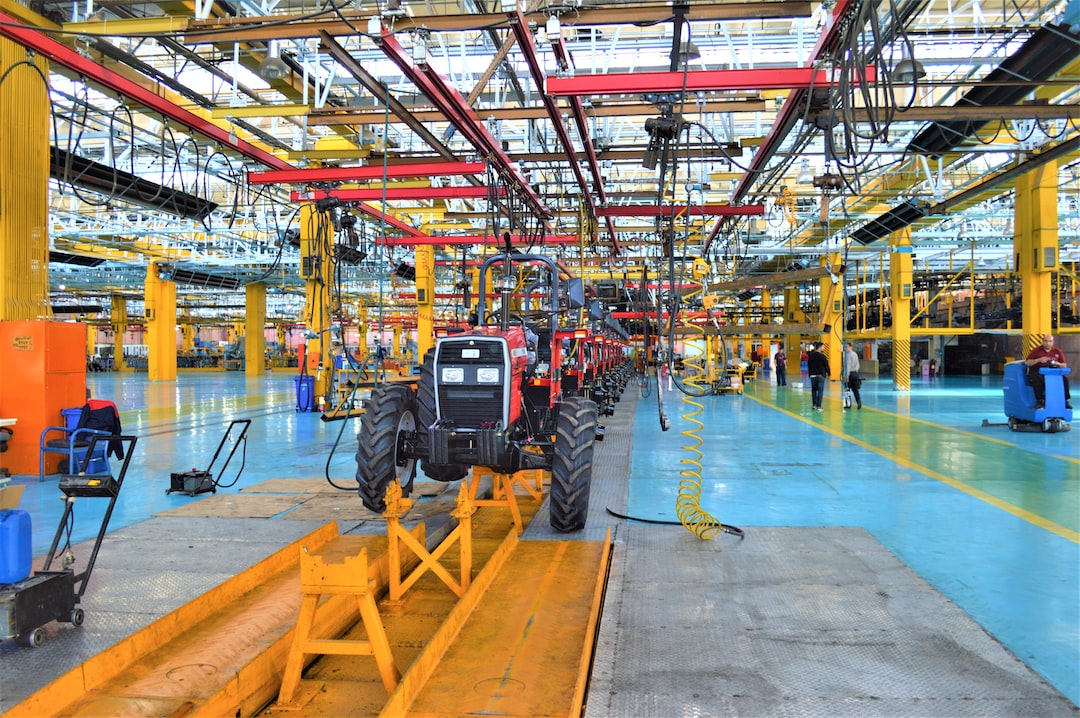Promoting Diversity and Inclusion in the Manufacturing Workplace
In recent years, there has been a growing recognition of the importance of diversity and inclusion in the workplace. As society becomes more diverse, it is essential for companies, including those in the manufacturing industry, to create an environment that embraces and promotes diversity. By fostering a diverse and inclusive workplace, manufacturing companies can benefit from increased productivity, innovation, creativity, and overall employee satisfaction. In this blog post, we will explore strategies and benefits of promoting diversity and inclusion in the manufacturing workplace.
To start with, let’s examine some of the strategies that manufacturing companies can employ to promote diversity and inclusion. One of the essential steps is to establish a diverse recruitment process. This could involve partnerships with schools, colleges, and community organizations to encourage individuals from underrepresented groups, such as women and minorities, to consider manufacturing careers. Additionally, companies can implement blind hiring practices that remove bias from the initial applicant screening process. This allows candidates to be evaluated solely on their qualifications, skills, and experience.
Another crucial strategy is to create a culture that values and celebrates diversity. This can be achieved through training programs, workshops, and seminars that raise awareness about unconscious biases, equal opportunities, and sensitivity to different cultures and backgrounds. Companies can also establish employee resource groups or affinity networks that provide a platform for employees to connect, share experiences, and support one another.
Furthermore, it is essential for manufacturing companies to foster an inclusive work environment where employees feel valued and included. This can be accomplished by promoting open communication and encouraging employees to express their ideas and opinions freely. It is equally important for leaders to actively listen to employees’ concerns and suggestions, ensuring that everyone has an equal voice in decision-making processes. Inclusive workplaces also prioritize work-life balance and provide flexible options, enabling employees to maintain a healthy personal and professional life.
Now, let’s consider the benefits that manufacturing companies can derive from promoting diversity and inclusion. Firstly, diverse teams can lead to increased profitability and productivity. Studies have shown that diverse teams outperform homogeneous teams in problem-solving, decision-making, and innovation. Different perspectives and experiences bring fresh ideas and insights, contributing to better problem-solving and innovative approaches in the manufacturing process.
Additionally, diversity and inclusion promote a positive and inspiring work environment, resulting in higher employee engagement and job satisfaction. When employees feel included and valued, they are more likely to be motivated, committed, and loyal to the company. This can reduce turnover rates and improve employee retention, saving manufacturing companies time and money on recruitment and training.
Furthermore, diversity and inclusion can enhance a company’s reputation and brand value. Companies that prioritize diversity are seen as progressive, forward-thinking, and socially responsible. This positive image can attract customers, investors, and other stakeholders, resulting in increased business opportunities and sustainable growth for manufacturing companies.
Additionally, promoting diversity and inclusion can help manufacturing companies improve relations with their customers and clients. Manufacturing companies often serve diverse communities, and having a workforce that reflects and understands those communities can lead to better customer service, superior market insights, and increased customer loyalty.
In conclusion, promoting diversity and inclusion in the manufacturing workplace is not only the right thing to do ethically, but it also makes good business sense. By employing strategies like diverse recruitment, creating an inclusive culture, and fostering an inclusive work environment, manufacturing companies can benefit from increased productivity, innovation, employee satisfaction, and improved reputation. Embracing diversity and inclusion will not only create a more vibrant workplace but also lead to long-term success and competitiveness in the ever-evolving manufacturing industry.

